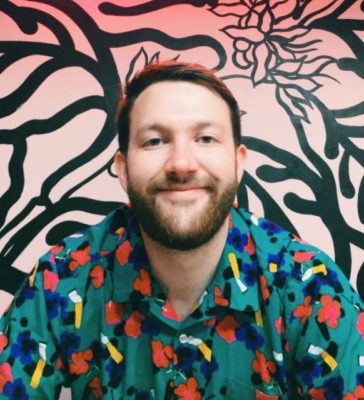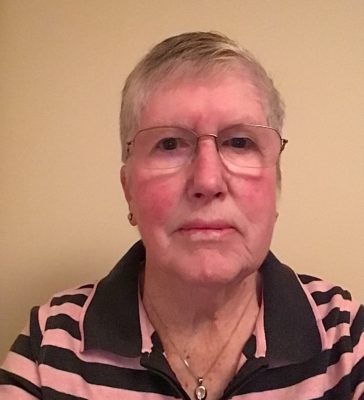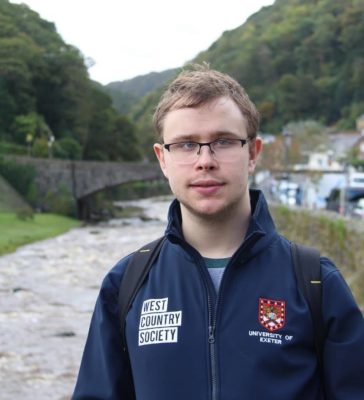
William Cafferky
Current Employer/Organisation Name
Cordis Bright
What have you been doing since leaving Exeter, and what are you doing now?
Since I left Exeter, I’ve worked across the public sector in a variety of consulting and research roles. I began looking at how technology is used by the Department of Work and Pensions to improve the experience of those on benefits. I now work for a researcher consultancy, working across the public sector, in particular criminal justice, adult social care, and community healthcare. I began as a researcher, working mostly with clients from local government, central government, and charities to understand more about the impact of the work they do. I have since been promoted, and now project manage a number of evaluations across our sectors. Examples of recent areas of work have included improving support for people who experience a combination of homelessness and substance misuse; encouraging behavioural change among perpetrators domestic abuse; and the benefits of providing more integrated healthcare.
Why did you choose this career? And what do you enjoy most about your work?
When I graduated, I was keen to find a job which would allow me to explore a variety of topics and ideas in order to better understand where my interests lay professionally. Consulting offered me that variety. My first consulting job out of university gave me a robust introduction to domestic public policy. Nevertheless, I was keen to find something which enabled me to explore some of the aspect of the Conflict Security and Development MA which I had enjoyed so much, namely conducting robust research, which was grounded in real world situations, centered on improving people’s quality of life. Whilst my career is not as internationally focussed as my studies were, those aforementioned core elements are still a huge part of why I enjoy what I do. I get to be heavily involved in understanding the latest trends and innovations in policy which are looking to resolve some of the biggest questions we face around the health and wellbeing of our population. In addition to this, the fact that I work on such a diverse range of projects keeps my work interesting and challenging. Through the projects I manage, I get to work with commissioners, policy makers, and key stakeholders in a variety of sectors, whilst also getting the chance to interview and consult with frontline staff, and the people accessing different services.
Please tell us if you were a member of any societies, groups or sports clubs?
I was part of the editorial team at the student newspaper, as well as a presenter on student radio.
What did you enjoy most about your programme and what was the biggest highlight?
For my undergraduate degree in Politics, I enjoyed the breadth and freedom the course gave me to explore and specialise in the kind of topics I was interested in. For my Masters, I appreciated how much the course felt grounded in real world issues and scenarios, which was supplemented by the opportunity to complete work experience through the course.
What did you enjoy most about studying here?
As well as the course-related reasons above, I made friends for like at Exeter. Being in a smaller city means you can feel a bit more confident in your surroundings, and where everything is etc. There are so many opportunities to find things you might be interested in – my only regret is that I didn’t do more!
Why did you choose to study at Exeter?
One reason was that it was far away from home (I’m from the North West), and I fancied a challenge! Another reason was just the quality of the facilities, and the breadth of topics available for my chosen course.
What skills and experiences have been most useful for your career?
The research projects I did, especially during my masters course gave me a real edge in my interviews. I also think taking advantage of the opportunities university presents, in terms of the breadth of experiences on offer, can really help you make more informed decisions when it comes to post-university life.
What advice would you give to a current student who wishes to pursue your career?
If you’re looking for a career in research specifically, don’t underestimate the importance of your dissertation, and the research methods you use as padding out your experience. If, like me, you’re not certain what you want to do, don’t be afraid to try things, and don’t be scared if you don’t enjoy them. Finding out what you don’t like can be just as valuable as realizing what you do like when finding a job which works for you.
What are your plans for the future?
For now I’m enjoying my time working across such a broad range of public policy sectors. I imagine that as time goes by, I might look to specialise more in an area I’m particularly interested by, for example working with homeless people. This might involve working more at a local council level, or within the civil service. I’ve also recently begun training to become a qualified football coach, so this might present opportunities in the future to balance these two career paths.

